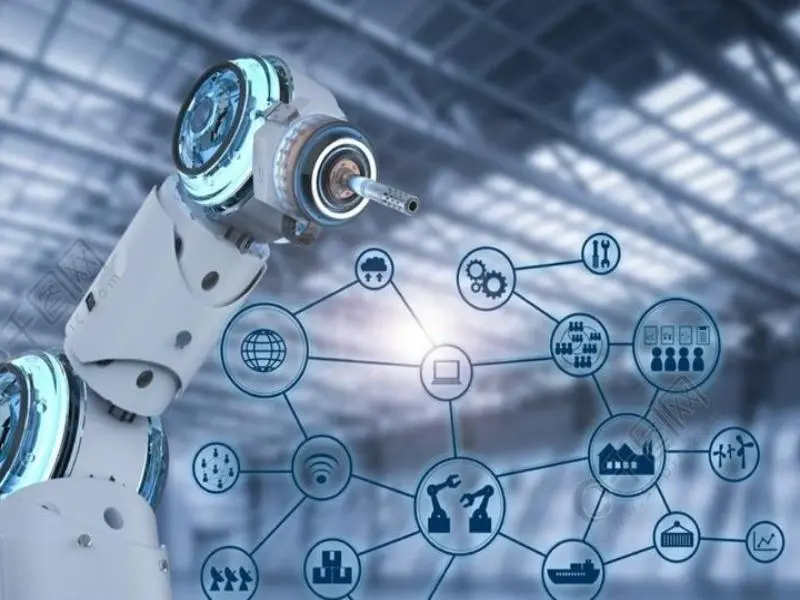- As engineers, you’re not just the architects of innovation; you’re also the custodians of efficiency.
- Automation, a powerful ally in efficiency, offers a plethora of benefits that can transform the way you design, manufacture, and innovate.
Automation is more than just a tool for engineers; it’s a catalyst for innovation, a guardian of quality, and a conduit to new horizons in engineering excellence. By using automation tools, engineers can enhance their work, drive sustainable practices, and shape the future of their fields. The benefits are clear: precision, safety, productivity, insight, sustainability, adaptability, and professional development await those who integrate automation into their engineering practices.
Also read: What is automated test equipment?
1. Enhanced precision and quality
Automation brings an unparalleled level of precision to engineering tasks. Whether it’s the assembly line or the calibration of equipment, automated systems minimise human error, ensuring that every component meets the highest quality standards. This reliability is a game-changer for engineers striving for excellence in their projects.
2. Improved safety in hazardous environments
Automation plays a crucial role in enhancing safety for engineers working in hazardous environments within the field of engineering. By allowing remote operation of machinery and tasks, automation enables engineers to perform their duties from a safe distance, reducing exposure to dangerous materials and conditions. This capability not only minimises the risk of accidents and injuries but also creates a safer working environment overall.
In industries such as chemical processing, construction, or manufacturing, where engineers may face potential hazards, automation serves as a valuable tool for improving workplace safety and mitigating risks. With automation technology, engineers can execute tasks efficiently and effectively while maintaining a safe distance from hazardous elements, ensuring their well-being and contributing to a secure and protected work environment in hazardous engineering settings.
Also read: 16 AI automation tools that increase your productivity
Also read: What is infrastructure automation and how does it work?
3. Increased productivity and efficiency
By automating repetitive and time-consuming tasks, engineers can focus on higher-level problem-solving and design work. This shift not only boosts productivity but also allows for quicker turnaround times, making projects more efficient and cost-effective.
4. Data-driven decision making
Automated systems generate vast amounts of data that can be analysed to optimise processes, predict maintenance needs, and identify areas for improvement. Engineers can leverage this data to make informed decisions that drive innovation and enhance operational performance.
5. Sustainable development
Automation contributes to sustainability by optimising resource use and reducing waste. In manufacturing, for example, automated systems can ensure that materials are used more efficiently, and energy consumption is minimised, aligning with the environmental goals of modern engineering.
6. Continuous improvement and adaptability
Automation enables continuous improvement by allowing for the easy implementation of changes in processes. Engineers can update software or modify algorithms to adapt to new requirements or improve system performance without the need for significant hardware changes.
7. Skill development and new opportunities
Automation’s seamless integration into the engineering workflow is a boon that transcends mere efficiency gains. By taking over routine tasks, it liberates engineers to pursue advanced fields, enriching their expertise in artificial intelligence, machine learning, and robotics. This strategic transition propels engineers into uncharted territories of specialisation, fostering an environment ripe for professional growth and innovation.
As engineers upskill and diversify their competencies, they become equipped to tackle complex challenges that were previously insurmountable. The empowerment to explore the creative nuances of their work leads to the development of groundbreaking solutions and technologies that can revolutionise industries.

